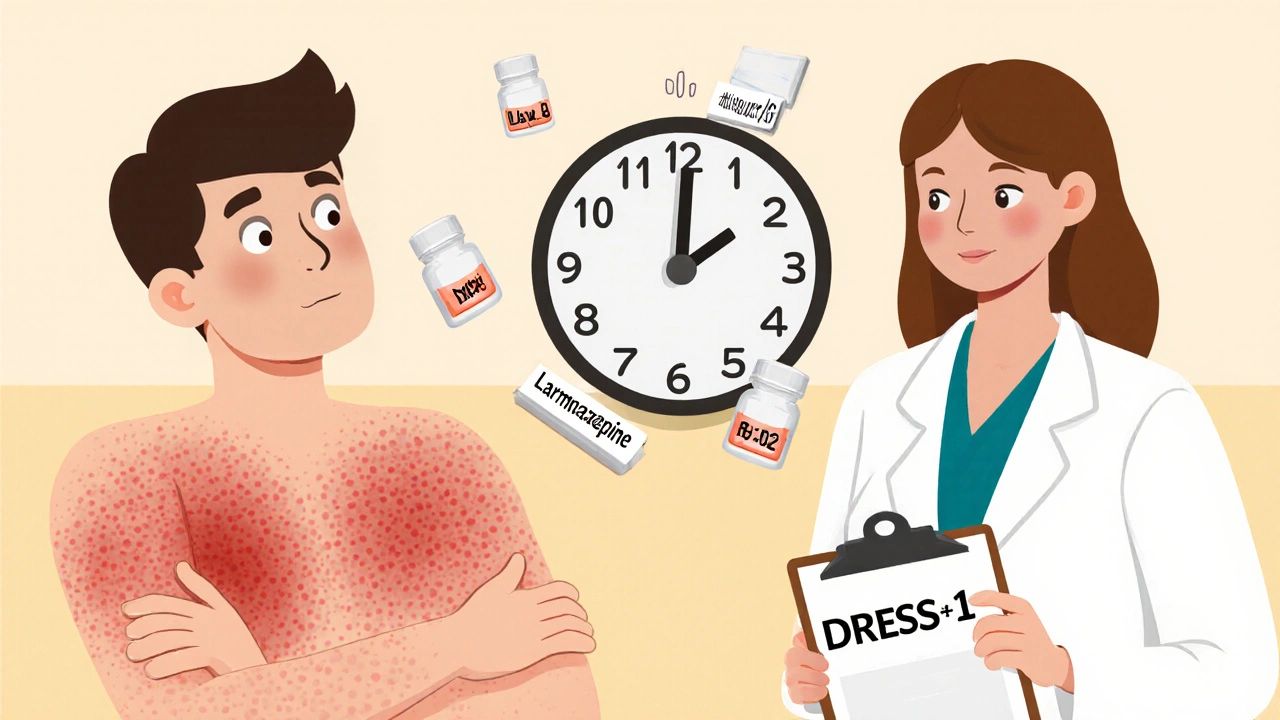Medication Side Effects: What They Are, Why They Happen, and How to Manage Them
When you take a medication side effect, an unintended reaction to a drug that occurs at normal doses. Also known as adverse drug reactions, it's not always a sign you're doing something wrong—sometimes it's just how your body responds to the chemistry of the treatment. Almost every medication, from antibiotics to antidepressants, comes with the possibility of side effects. Some are mild, like a dry mouth or drowsiness. Others can be serious, like liver damage or dangerous spikes in potassium. The key isn’t avoiding all side effects—it’s recognizing which ones matter and knowing what to do next.
There are two main types: predictable side effects, common, dose-related reactions that doctors expect and can often manage. Also known as Type A reactions, they include nausea from NSAIDs or dizziness from blood pressure pills. Then there are unpredictable side effects, rare, immune-driven, or genetic reactions that can’t be anticipated. Also known as Type B reactions, these include severe rashes from antibiotics or sudden depression from opioids. One person might take a drug with no issues, while another has a life-threatening reaction. That’s why tracking your own symptoms matters. Your daily notes—what you feel, when it happens, and how bad it is—are some of the most valuable data doctors have for keeping drugs safe.
Side effects don’t happen in a vacuum. They’re shaped by what you eat, what other drugs you take, your age, your liver and kidney function, and even your genetics. For example, taking medication side effects like photosensitivity with sun exposure can turn a simple rash into a severe burn. Mixing ACE inhibitors with potassium-sparing diuretics can spike potassium levels dangerously. Even something as simple as taking levothyroxine with food can make it useless. The more you understand how your body interacts with drugs, the more control you have.
Some side effects are temporary. Others, like sexual dysfunction from diabetes meds or fertility changes from immunosuppressants, can linger. That’s why regular checkups aren’t optional—they’re your early warning system. If you’re on entecavir for hepatitis B, skipping liver scans means missing signs of cancer. If you’re on mycophenolate and planning a family, not knowing the risks could lead to serious birth defects. Side effects aren’t just annoying—they’re signals. Ignoring them doesn’t make them go away.
What you’ll find below is a practical collection of real-world guides. No theory. No fluff. Just clear answers on how opioids affect mood, why generic drugs can still cause side effects, how to avoid sun damage from meds, and what to do when a drug doesn’t work the way it should. These aren’t abstract concepts—they’re experiences real people have had. And they’re the kind of info that helps you stay safe, speak up, and take charge of your health.
Excessive sweating from antidepressants is common, affecting up to 1 in 10 users. Learn which meds cause it, how to cool down with simple strategies, and when to switch treatments - without giving up your mental health progress.
Delayed drug reactions can appear days or weeks after taking a medication and range from mild rashes to life-threatening conditions like DRESS or Stevens-Johnson Syndrome. Learn the signs, causes, and what to do if you suspect one.


